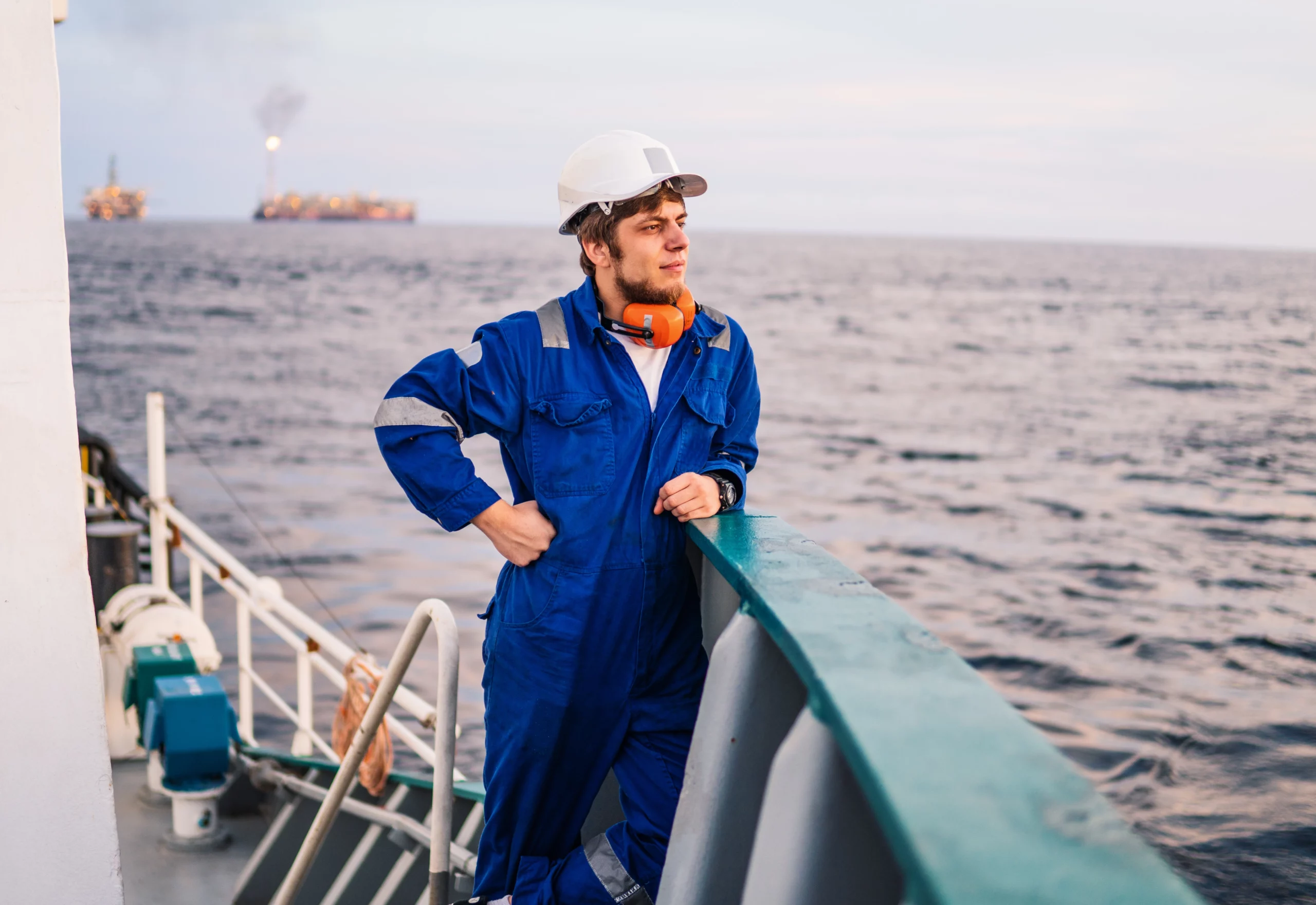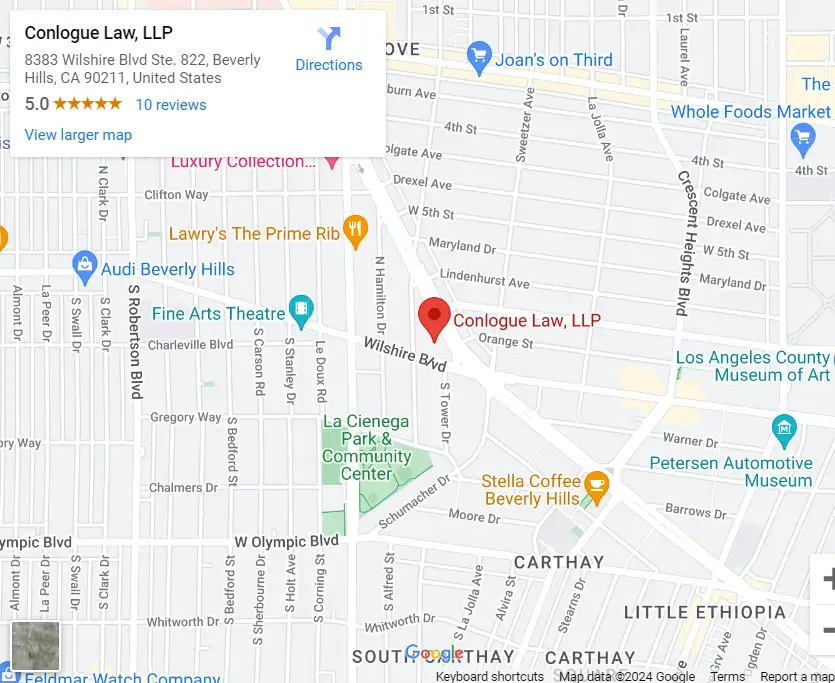Seafarer Injuries in California: Your Rights Matter
Life on the open water has its own set of risks. Your entire world may change if you get injured while working on a ship in California. That’s when you need a California maritime injury lawyer who knows the unique laws that protect seafarers. They know the ins and outs of the Jones Act and other maritime regulations. They’ll work hard to get you the compensation you deserve.
Getting injured is challenging enough, and adding a fight with insurance companies to the mix feels impossible. It’s essential to receive the medical care you need and ensure your bills are covered. Having a personal injury lawyer who listens to your situation and offers straightforward guidance can be very helpful. Continue reading, as there is certainly a path forward.
Quick Summary:
- Maritime workers face unique risks. Jobs on vessels, docks, and oil rigs involve heavy machinery, slippery surfaces, and dangerous conditions. Some injuries result from accidents, while others result from employer negligence or unsafe equipment. These injuries can range from minor fractures to life-changing head or spinal damage.
- There are legal protections for injured workers. The Jones Act allows seamen to seek compensation if employer negligence caused their injury. Dockworkers and other maritime employees may qualify for benefits under the Longshore and Harbor Workers’ Compensation Act (LHWCA). General maritime law also requires vessel owners to maintain safe conditions for workers.
- Taking the appropriate steps after an injury is essential. Injured workers should get medical care, report the incident, and record what happened. Proving negligence or unsafe conditions helps when filing a claim. Deadlines vary—Jones Act claims must be filed within three years, LHWCA claims within one year, and unseaworthiness claims within three years.
What are Maritime Injury Claims?
Due to the demanding nature of their jobs, maritime workers face unique risks. Whether on vessels, oil rigs, or docks, they encounter heavy machinery, unpredictable weather, and hazardous conditions that can lead to serious injuries.
Some accidents result from unavoidable dangers, while others happen due to employer negligence, unsafe equipment, or lack of proper training. These incidents can cause anything from broken bones to life-altering spinal injuries or head trauma.
A maritime injury is any physical or psychological harm suffered while working on or near sailable waters. Unlike standard workplace injuries, these cases fall under federal laws like the Jones Act or Longshore and Harbor Workers’ Compensation Act (LHWCA) rather than traditional workers’ compensation systems.
The type of claim filed determines the available benefits, covering medical bills, lost income, rehabilitation, and sometimes damages for pain and suffering. Seeking legal guidance is often the best way for injured workers to secure needed support.
Common Types of Maritime Injuries
Working in the maritime industry comes with its fair share of risks, from slippery decks to heavy machinery that can cause serious harm. When injuries happen, workers can face not just physical pain but also the stress of medical bills and time away from work.
- Slips, Trips, and Falls: Slippery decks, uneven surfaces, and unsecured equipment can cause workers to lose balance. These accidents often lead to fractures, head injuries, or back strain.
- Head and Brain Injuries: Falling objects, sudden impacts, or slips can result in concussions or traumatic brain injuries. These injuries may cause memory loss, dizziness, or long-term cognitive issues.
- Spinal Cord and Back Injuries: Lifting heavy equipment or falling from heights can damage the spine. That may lead to chronic pain, nerve damage, or even paralysis.
- Drowning and Near-Drowning Incidents: Workers can fall overboard due to rough seas, improper safety measures, or collisions. Lack of immediate rescue can result in severe injury or death.
- Burns and Chemical Exposure. Fires, explosions, or contact with toxic substances can cause severe burns or respiratory damage. Exposure to hazardous chemicals may lead to long-term health problems.
- Crush Injuries and Amputations: Heavy machinery, shifting cargo, or collapsing structures can trap limbs. These incidents often lead to broken bones, amputations, or permanent disability.
- Hearing Loss: Prolonged exposure to loud engine noise, machinery, or explosions can cause gradual hearing loss. Without proper ear protection, this damage can be permanent.
- Repetitive Stress Injuries: Continuous lifting, bending, or twisting can strain muscles and joints over time. These injuries often lead to chronic pain and reduced mobility.
- Electrocution: Faulty wiring, wet conditions, or exposed electrical systems put workers at risk of electric shocks. Severe cases can result in nerve damage, burns, or cardiac arrest.
- Illness from Poor Living Conditions: Long periods at sea with limited access to medical care can lead to infections or untreated illnesses. Poor sanitation and close quarters increase the risk of disease spreading.
Key Legal Insights on Maritime Injury Claims
Maritime jobs come with risks, but legal protections are in place to help injured workers recover. Several laws allow seafarers and maritime employees to seek compensation for medical bills, lost wages, and other damages. Offshore worker compensation claims are vital in ensuring those injured at sea or on docks receive the financial support they need.
The Jones Act: Legal Protections for Injured Seamen
The Jones Act allows injured seamen to seek compensation if their employer’s negligence contributed to their injury. To qualify, a worker must spend significant time on a vessel in sailable waters. This law allows filing lawsuits for unsafe conditions, inadequate training, or equipment failures. Compensation can cover medical expenses, lost income, and pain and suffering.
LHWCA: Benefits for Non-Seamen
Workers who do not qualify as seamen, such as dockworkers, harbor workers, and shipbuilders, may receive benefits through the LHWCA. This federal law compensates for medical care, rehabilitation, and lost wages after a workplace injury. Unlike the Jones Act, it does not require proof of negligence for an injured worker to receive benefits, making it an essential option for offshore worker compensation claims.
General Maritime Law: Holding Vessel Owners Responsible
In addition to the Jones Act, general maritime law requires vessel owners to keep their ships in safe working conditions. The owner may be responsible if hazardous conditions lead to an injury.
The doctrine of maintenance and cure also requires employers to cover an injured seaman’s medical expenses and basic living costs until they reach maximum medical recovery. This support is available regardless of who was at fault.
What to Do After a Maritime Injury and How to Prove Your Claim
Getting injured on the job is stressful, but taking the proper steps can help protect your health and legal rights. Whether you work on a vessel, dock, or offshore rig, knowing what to do after an injury can make a difference in your recovery and any claims you may file.
Immediate Steps After an Injury
Your health comes first, so seek medical attention immediately, even if the injury seems minor. Report the incident to your employer as soon as possible, as delays could affect your claim. Keep track of essential details by gathering evidence, taking photos, and getting witness statements. These records help if you need to prove what happened later.
Building a Strong Claim
You must show that your employer’s negligence or an unsafe vessel caused your injury to receive compensation. That could include improper training, faulty equipment, or hazardous working conditions. Maritime laws also allow injured workers to recover damages for medical bills, lost wages, and pain and suffering. Keep a record of all medical treatments and expenses and any changes in your ability to work.
Time Limits for Filing a Claim
Failing to file within the required timeframe can result in losing the right to compensation. Here are the deadlines under key maritime laws:
- Jones Act: Injured seamen must file a lawsuit within three years from the date of injury.
- LHWCA) Claims must be reported within 30 days, and formal claims must be filed within one year of the injury.
- Death on the High Seas Act (DOHSA): Families of deceased maritime workers have three years from the date of death to file a claim.
- General Maritime Law (Unseaworthiness Claims): The statute of limitations is generally three years from the injury date.
Missing these deadlines can prevent injured workers or their families from recovering compensation. If you’re unsure which law applies to your case, seeking legal advice early on can help ensure you meet the necessary deadlines.
Contact Our California Maritime Injury Lawyer Now!
Seafaring is a demanding job, and injuries at sea can have severe consequences. California maritime law has many rules that affect injured workers, making it necessary to know your rights. If you’ve been hurt while working on a vessel, getting legal help can make a difference in your case. A California maritime injury lawyer can guide you through the Jones Act and other laws to help you seek the compensation you deserve.
At Conlogue Law LLP, we are dedicated to standing up for injured seafarers. We know how difficult it is to deal with the pain, stress, and financial strain that come with a maritime injury. Let us handle the legal process so you can focus on recovery. Don’t wait to protect your future—reach out today for a free consultation and a clear path forward.








